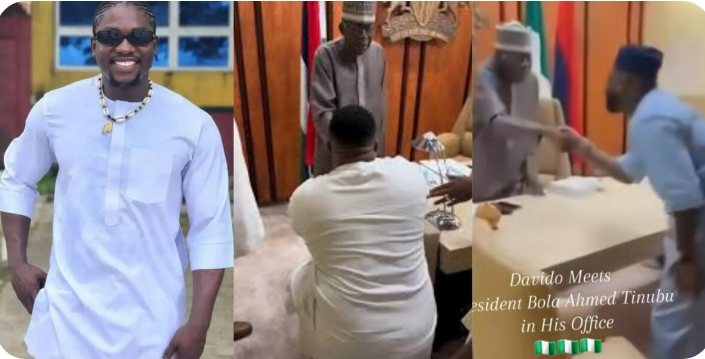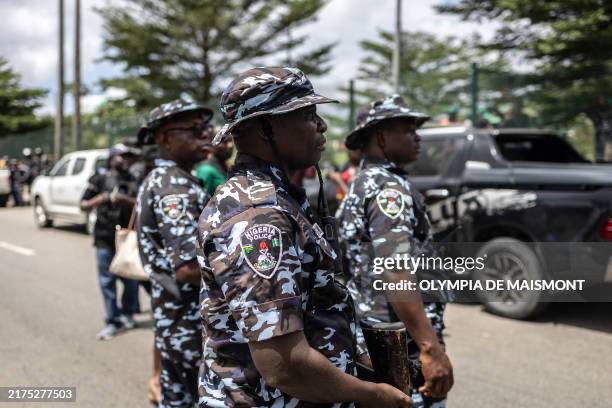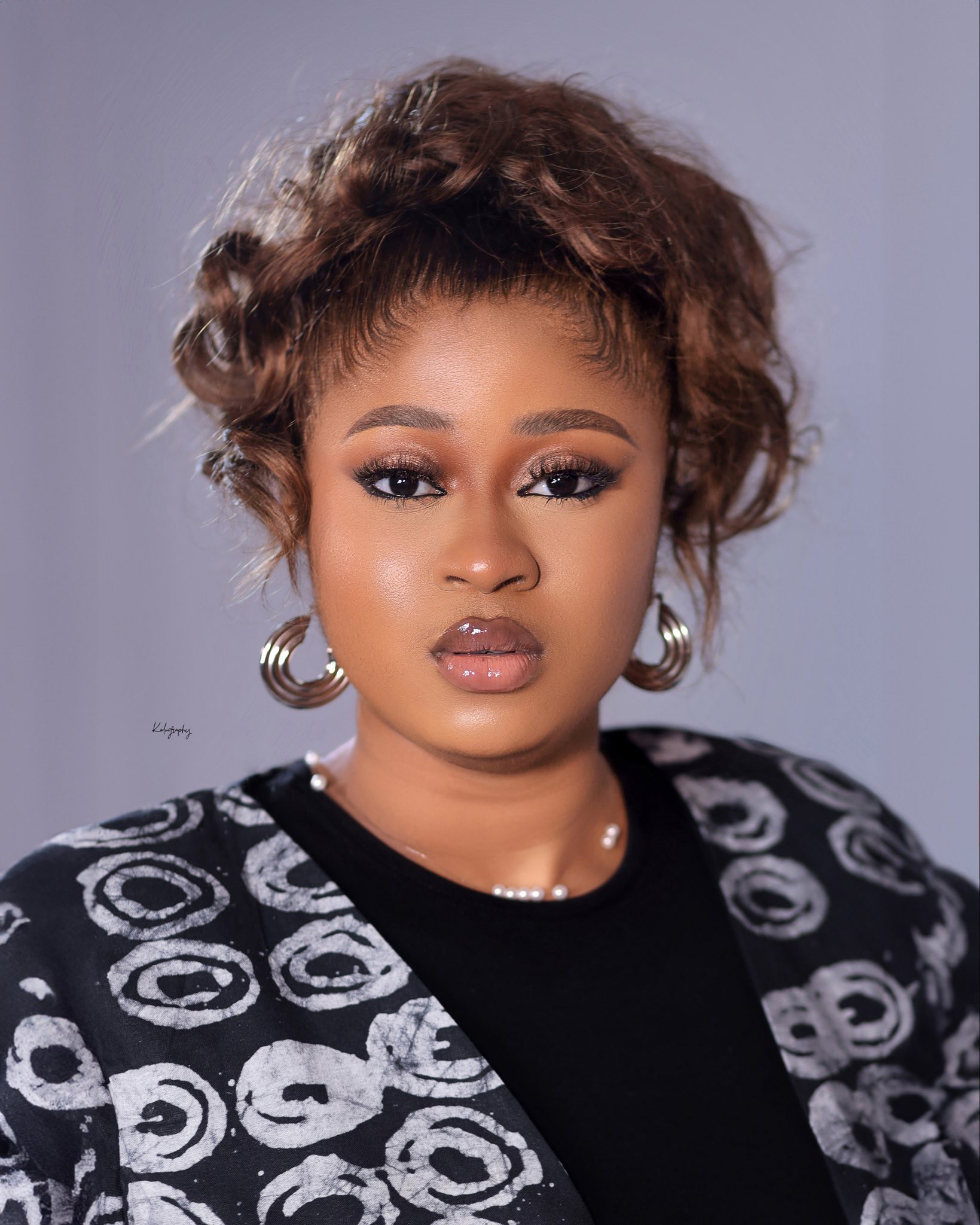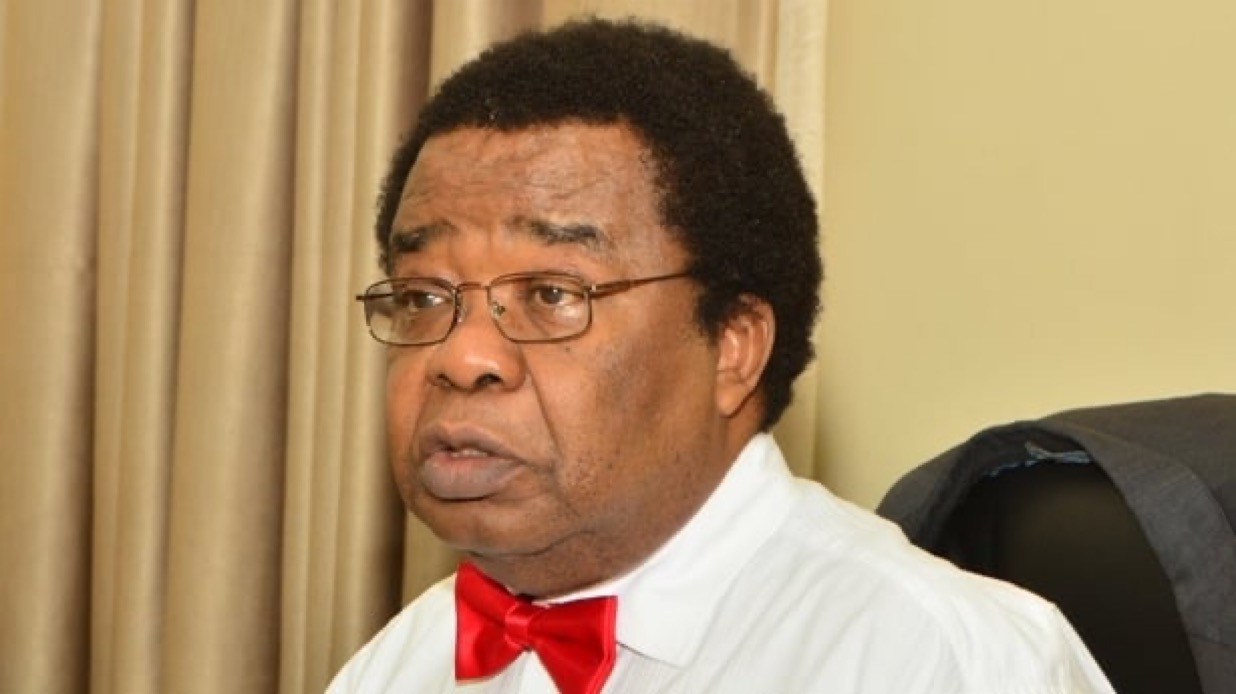
Social Media Erupts as Verydarkman Breaks Silence on Davido, Cubana Chief Priest’s Visit to Tinubu

In a country where celebrity influence carries political weight and fan bases often translate into campaign machinery, popular activist Verydarkman has stirred fresh controversy with his reaction to Davido and Cubana Chief Priest’s recent visit to President Bola Ahmed Tinubu. The meeting, which took place at the Presidential Villa and quickly circulated across social media platforms, drew mixed reactions from Nigerians, with many questioning the motives and timing of the visit. Now, the usually outspoken Verydarkman has entered the fray, voicing his displeasure—not over the visit itself—but what it might signal for the 2027 general elections.
Taking to his social media account to address mounting calls for his opinion, the activist made it clear that he does not oppose anyone’s political affiliations. However, his message carried an unmistakable warning to celebrities who might intend to use their platforms to influence the electorate in upcoming elections. “If you want to support Tinubu come 2027, that is your business. If you want to support any party, that’s your business,” he said in a recorded video posted online. “But where me and them go get problem na when 2027 make them campaign for anybody. They no get that right. Na where we go get problem be that.”
His remarks have since sparked a new wave of online debates about the roles celebrities play in shaping political narratives in Nigeria. For some, Verydarkman’s message resonates with a growing sentiment that public figures should refrain from political endorsements, particularly in a country grappling with economic woes, security challenges, and a disillusioned youth population. Others, however, view his stance as overreaching and authoritarian, questioning his right to dictate how others express their political choices.
Social media users were quick to weigh in, with comments ranging from staunch agreement to outright dismissal. One user, @aduke_ewa, noted, “I agree with him for the first time. He said nothing but the truth,” capturing the sentiments of a segment of followers who see his outburst as timely. Another, @emily_emilight, pushed back, asking, “How can you ask someone not to use their platform to promote or campaign for who they want? Like who are you? Are you now the king of the earth?”
Davido, an internationally acclaimed music star and vocal supporter of opposition parties in the past, has remained tight-lipped about the specifics of his meeting with the president. The same goes for Cubana Chief Priest, a nightlife entrepreneur known for his flamboyance and strong presence on social media. Their appearance alongside President Tinubu—who has faced widespread criticism over the state of the nation’s economy and growing dissatisfaction among the youth—was seen by many as a potential soft launch of celebrity-backed political campaigning for the incumbent.
While neither Davido nor Cubana Chief Priest have declared any political intentions for 2027, the optics of the visit alone were enough to trigger a backlash. Critics argue that in a nation where votes are increasingly influenced by celebrity culture, such appearances cannot be taken lightly. The fear, as articulated by Verydarkman, is that celebrities may use their massive following to shape public opinion in favor of political figures who may not have delivered on their promises.
“The danger here is subtle manipulation,” said one observer. “When a celebrity like Davido posts a picture with the president, he doesn’t have to say a word. His endorsement is implied, and millions of fans take it to heart.”
Others, however, question the logic behind silencing celebrities in a democracy. They argue that everyone, including public figures, has the constitutional right to support and campaign for candidates of their choosing. As @o_nyinye_ pointed out, “First time I agree with him,” showing how even his regular critics found merit in his viewpoint, while still acknowledging the complexity of the issue.
Interestingly, Verydarkman’s commentary also touched on the deeper issue of authenticity and civic responsibility. He implied that while personal support for a candidate is acceptable, using a platform to sway public opinion—particularly in a way that might serve personal interests—crosses a moral line. His concern is not just political but ethical, rooted in a belief that celebrities owe it to their fans to remain neutral, or at least transparent, when it comes to political endorsements.
His critique aligns with a broader conversation happening in Nigeria today, where trust in public institutions is low and the youth demographic, who make up a significant portion of the voting population, are increasingly vocal about their disillusionment with traditional power structures. Against this backdrop, the influence of celebrities has grown exponentially, and with that, the responsibility they carry.
Despite the backlash and varying opinions, Verydarkman appears unfazed. “Make una no dey call my name because of this thing. If you dey expect make I come set camera talk because of Davido and Chief Priest, I ain’t got that time,” he said, brushing off critics who accused him of being too silent on the matter before his recent outburst.
The broader implications of this feud remain to be seen. Will celebrities take a step back from political endorsements in response to this criticism, or will they double down, asserting their rights as citizens? As the 2027 elections inch closer, it’s a conversation that is unlikely to go away. For now, Verydarkman has thrown the first punch in what could become a recurring debate on the power, privilege, and political influence of Nigeria’s celebrity elite.
In the age of digital activism and virality, where a tweet or Instagram post can reshape narratives overnight, the line between entertainment and politics is becoming increasingly blurred. Whether this trend will strengthen democracy or distort it remains an open question. But one thing is clear—Verydarkman has reignited a conversation that refuses to be ignored.


